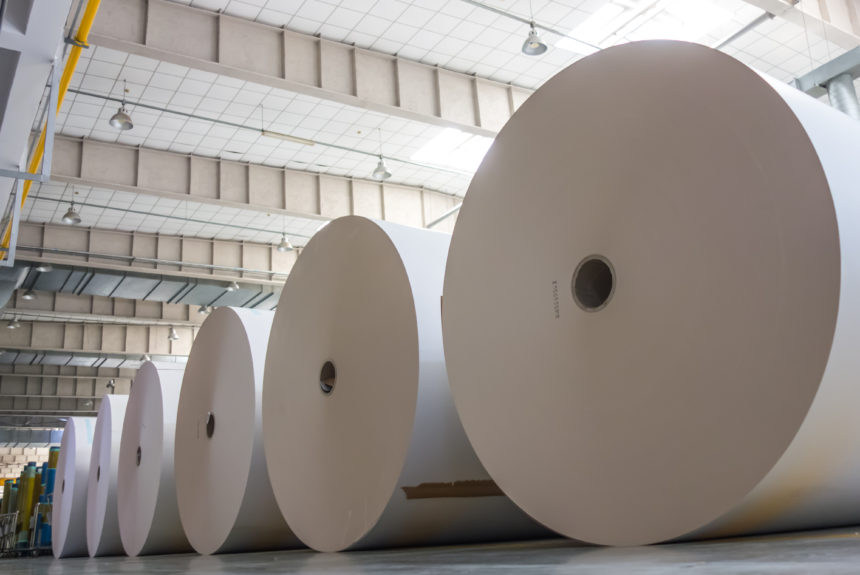Georgia-Pacific Mill, headquartered in Atlanta, Georgia, is one of the world’s largest manufacturers of tissue, pulp, packaging, and building products. From Brawny® paper towels to Dixie® cups, the company manufactures brands that are household names. Georgia-Pacific employs 30,000 people worldwide, has more than 180 locations across the globe, and has invested $9.4 billion into operations since 2013. They are also quite possibly helping to bring a green revolution to the paper products industry.
Actions taken by a company with that large of a global footprint make a difference. So, when Georgia-Pacific reduced the water used during operations by 40 percent over 10 weeks at just one of the company’s mills, the environmental world certainly took notice. The company is tackling one of the trickiest environmental issues the papermaking industry faces: excessive water consumption.
>>>READ: Aspiration is Letting You Spend Green to Go Green
Why water? Water solutions company SAMCO Technologies explained:
“Without water—and lots of it—manufacturing pulp and paper would be all but impossible. Water usage in the pulp and paper industry is needed in almost every part of the process, whether the facility is digesting wood chips, making fiber slurries, or washing the machinery and rollers.”
In an industry with such substantial water usage, any reduction is a step in the right direction. The company’s mill in Palatka, Florida has been working on ways to cut back on water use. Under the leadership of Bob Blankenship, one of the mill’s shift capability leaders, new ways of operating are showing huge results.
Blankenship has automated many of the steps within the papermaking process to optimize resources. He led the mill’s freshwater reduction program, earning the recognition of the U.S. Environmental Protection Agency. The agency gave the project an ENERGY STAR® Top Project award.
“We have a certain amount of freshwater allocated to us for use in papermaking each year,” Blankenship told Tissue Online North America. “Increasing that amount requires use of additional natural resources that we want to avoid.”
The key to all of Blankenship’s sustainability efforts is quite simple: Reuse. Instead of releasing water used in the papermaking process just to capture more down the line, the mill recycles the water back into the process.
This undertaking required smart strategy and close monitoring of resources and processes. Blankenship and his team had to discover exactly where water was being used, where it could be recaptured, and then develop a process to clean it and move it back into the system. Once they figured out how to recycle the water, this new operation was implemented and they watched the results roll in.
>>>READ: One Company Tackling Plastic Waste
The team tracked progress with digital monitoring that showed which valves were open and where water was moving. This system alerts the team if there are increases in water consumption, prompting an investigation at that point in the papermaking process. They can also see if any pumps stop functioning and fail to send water into recycling.
Numbers do not lie, and the data from this project is significant. Reducing freshwater consumption by 40 percent over 10 weeks through water recycling is a signal that the system works. Now, Blankenship is working to export his ideas to the rest of the company:
“There’s nothing more satisfying than to be able to pass knowledge on to someone else and see them actually benefit from the knowledge you have, because once you give them knowledge of how a process works or how something actually flows, then they add their spin and knowledge to it. It just gets better from there.”
An idea born in a single mill could have a ripple effect across the entire industry. Blankenship should be proud of his team and their work. What is happening at Georgia-Pacific demonstrates powerfully that market-based innovation truly is the best option when tackling some of our biggest challenges to sustainability.
Kelvey Vander Hart is a native Iowan, a member of the American Conservation Coalition, and a communications specialist at Reason Foundation.
The views and opinions expressed are those of the author’s and do not necessarily reflect the official policy or position of C3.
